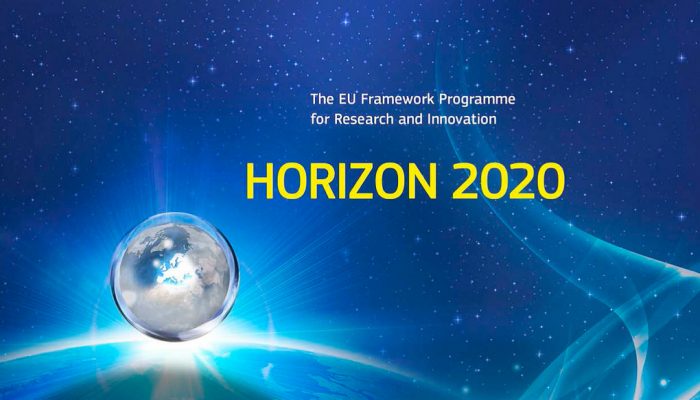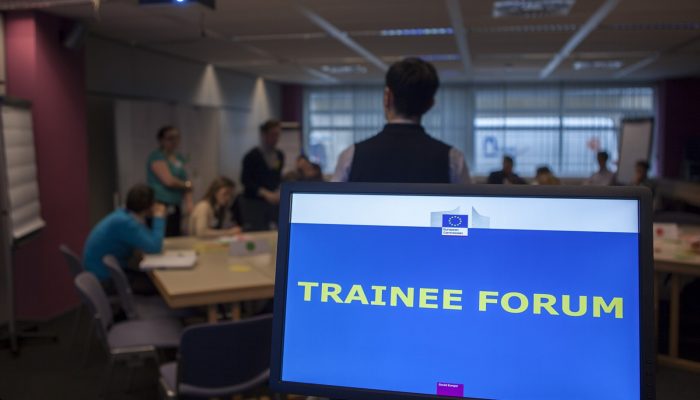The European Commission requires both expert advice and an understanding of public opinion to steer policy and draft new EU legislation proposals that will be introduced to both the Council and the EU Parliament to debate. The EU Commission regularly hosts hearings, workshops, expert groups and consultations to gain valuable insights, prompt discussion and help draft policy. These forums may be r ...[Read More]
GeoPolicy: What are European Commission Consultations and how can scientists contribute?




